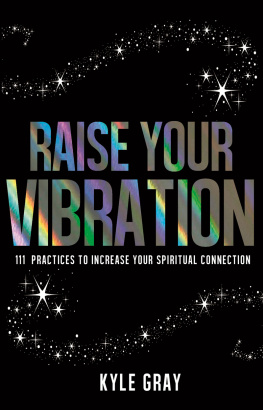KYLE MATTES is assistant professor of political science at the University of Iowa. DAVID P. REDLAWSK is professor of political science at the Eagleton Institutes Center for Public Interest Polling at Rutgers University. He is coauthor of several books, including Why Iowa?, also published by the University of Chicago Press.
The University of Chicago Press, Chicago 60637
The University of Chicago Press, Ltd., London
2014 by The University of Chicago
All rights reserved. Published 2014.
Printed in the United States of America
23 22 21 20 19 18 17 16 15 14 1 2 3 4 5
ISBN-13: 978-0-226-20202-0 (cloth)
ISBN-13: 978-0-226-20216-7 (paper)
ISBN-13: 978-0-226-20233-4 (e-book)
DOI: 10.7208/chicago/9780226202334.001.0001
Library of Congress Cataloging-in-Publication Data
Mattes, Kyle, author.
The positive case for negative campaigning / Kyle Mattes and David P. Redlawsk.
pages cm
Includes bibliographical references and index.
ISBN 978-0-226-20202-0 (cloth : alk. paper)ISBN 978-0-226-20216-7 (pbk. : alk. paper)ISBN 978-0-226-20233-4 (e-book)
1. Political campaignsUnited States. 2. Mass mediaPolitical aspectsUnited States. 3. Campaign literatureUnited States. 4. Negativism. I. Redlawsk, David P., author. II. Title.
JK2281.M388 2014
324.70973dc23
2014018277

This paper meets the requirements of ANSI/NISO Z39.48-1992 (Permanence of Paper).
TO ALL THOSE WHO DISAPPROVE OF NEGATIVE CAMPAIGNING; WHILE WE DONT EXPECT TO CONVINCE THEM, WE HOPE THAT AT LEAST OUR EFFORTS WILL CONTINUE AN IMPORTANT DISCUSSION IN AMERICAN POLITICS.
Acknowledgments
Any project owes a lot to a lot of people; books like this are never a one- or two-person task. Thus, we are indebted to many who helped us along the way. Special thanks to Shannon Holmberg, research assistant at the University of Iowa, for invaluable help in building a database to keep track of all the negativity in the 2012 presidential campaign. Shannons contributions are also evident in our pieces on the Brown vs. Warren and Dole vs. Hagan elections, the latter for which she receives a well-deserved coauthor credit. Many thanks to Sarah Miruzzi and Timm Krueger, research assistants at UI, for tirelessly searching through thousands of political ads to find (and, later, edit) many of the ads we used in study 4, and also for building and running a pilot experiment for this study. Thanks also to Mattess UI research assistants Megan DeLanoit, Hannah Olson, Allie Panther, Allison Patch, and Joe Thorngren for their help early onbefore we even knew we were writing a book.
A number of research assistants at Rutgers also provided very useful help. Undergraduates Ethan Glading and Max Van Zandt tracked down citations, wrote summaries of research, and helped with experimental work. Rutgers undergraduate Stefan Macevski did all this and more, working closely with Dave Redlawsk for more than a year. Stefan, in particular, helped run many of the laboratory sessions that generated the data for .
Special thanks to Silvia Russo, of the Universit degli Studi di Torino, Italy, who spent a semester at Rutgers, during which she read over early versions of some chapters and provided useful comments and some key citations we had otherwise missed. Thanks to the many who provided help and its earlier incarnation in the Journal of Politics, including Tom Palfrey, Mike Alvarez, Matt Jackson, Jonathan Katz, Rod Kiewiet, Andrea Mattozzi, Leeat Yariv, and Matias Iaryczower. Thanks also to APSA conference discussants John Barry Ryan and Johanna Dunaway for their helpful comments. John Geer, of course, earns our thanks for his insight into negative campaigning, upon which we drew quite extensively. Redlawsks 2012 graduate Elections and Participation seminar also gave us very useful comments and critiques on the penultimate draft of the book. Finally, Dave Andersen, then a PhD student at Rutgers, now assistant professor at Iowa State, provided important guidance on the ZTree programming language we used to mount study 6 at Rutgers. Without Daves help both in the initial programming of the study and in teaching Redlawsk what he needed to know to revise and extend the early version, the study would not have been completed as effectively as it was.
Our appreciation, also, to the Eagleton Institute of Politics at Rutgers University, directed by Ruth Mandel, and the Rutgers Center for the Study of Experimental Political Science, directed by Richard Lau. The lab facilities we used for study 6 are under their auspices. Study 5 was run through the Social Science Experimental Laboratory at Caltech. Thanks to Erin Hartman for her help running the experiments, and thanks to Chris Crabbe and Walter Yuan at the SSEL for their technical and programming help. We also thank the Eagleton Center for Public Interest Polling, the home of the Rutgers-Eagleton Poll, and the thenmanager of the poll, Mona Kleinberg, for support for study 2, as well as the student callers who carried out the survey. Study 1 was administered through the University of Iowa Hawkeye Poll. Thanks to Caroline Tolbert, of Iowa, who worked with Redlawsk on that poll, providing great advice and energy, and thanks to the many undergraduates at Iowa who worked as callers for the Hawkeye Poll in 20089.
We also greatly appreciate the guidance of John Tryneski, our editor at the University of Chicago Press, as well as his enthusiasm in supporting this project as we navigated the process of turning ideas into a coherent manuscript. Rodney Powell, assistant editor at Chicago, was also tremendously helpful throughout the entire process. Both are great to work with, and we are really pleased to have been able to do so. We wish to also recognize the anonymous readers of this manuscript, who provided us with a wealth of positive (and some negative) feedback, all of which has made the book much better. Of course, in the end, any remaining errors remain our own.
Kyle Mattes would especially like to thank his wife, Melissa, for her love and support, for her interest and insight into politics, and for simply being extraordinary. Dave Redlawsk would like to give the obligatory, but incredibly heartfelt, thanks to his wife, Aletia Morgan, who continues to support him no matter how overwhelmed with deadlines he is at times. Her own interest and active involvement in politics makes Aletia a useful sounding board, a role she plays with good humor no matter how crazy the idea. I couldnt have done any of what I have over the years without her partnership.
CHAPTER ONE
Introduction
Finally, as regards the Roman masses, be sure to put on a good show.... It also wouldnt hurt to remind them of what scoundrels your opponents are and to smear these men at every opportunity with the crimes, sexual scandals, and corruption they have brought on themselves.
Quintus Tullius Cicero
The psyche of the American voter is fragile. If we listen to many scholars and pundits discuss campaign conduct, this must be our inevitable conclusion. Apparently, voters psyches have been (or will be) damaged irreparably by the onslaught of negativity in recent political campaigns, and so they must be protected from it. If so, voters have been slow to evolve since they have needed to defend themselves against negativity for most of Americas electoral history, and probably for as long as there have been elections. The quotation that opens this chapter is from Quintus Tullius Cicero, in a letter to his brother Marcus on the occasion of the latters campaign for consul of Rome in 64 BCE. While Quintus spends much of the letter talking about schmoozing the various interest groups that would decide the election, he also emphatically details the faults of Marcuss opponents and urges his brother to make sure all voters are aware of them.
 This paper meets the requirements of ANSI/NISO Z39.48-1992 (Permanence of Paper).
This paper meets the requirements of ANSI/NISO Z39.48-1992 (Permanence of Paper).
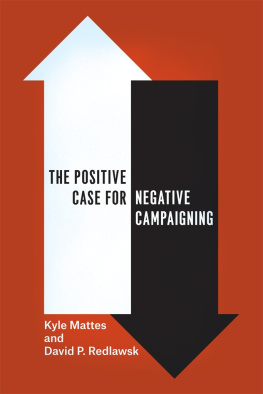

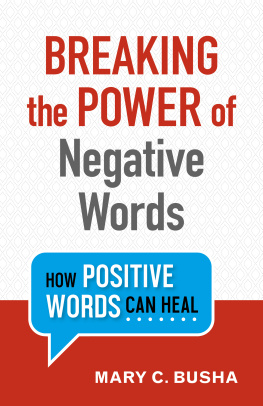

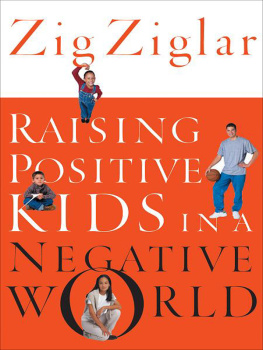
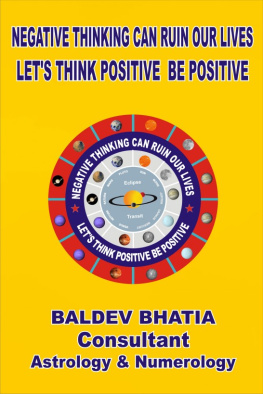

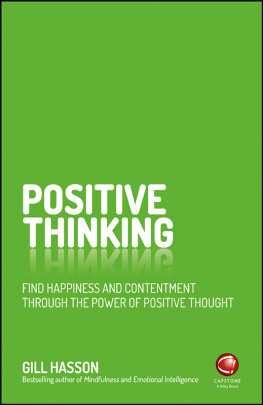

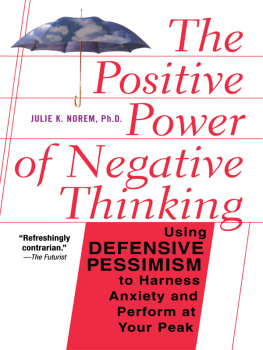
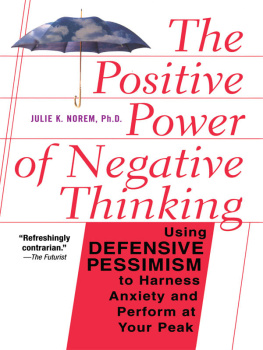
![Kyle Simpson [Kyle Simpson] - You Don’t Know JS: Up & Going](/uploads/posts/book/121420/thumbs/kyle-simpson-kyle-simpson-you-don-t-know-js.jpg)
